The Gospel addresses the whole person and all people. Following Jesus Christ also means having a vision for a just society; a commitment to human rights, the poor, minorities, women, refugees and those with special needs.
Arab Vision programs address major issues. We have successfully supported campaigns against FGM (female genital mutilation) and for better children’s rights. As a result of our documentaries, entire villages abandoned the awful practice of FGM and a new law protecting children was adopted.
Read more about our current productions.
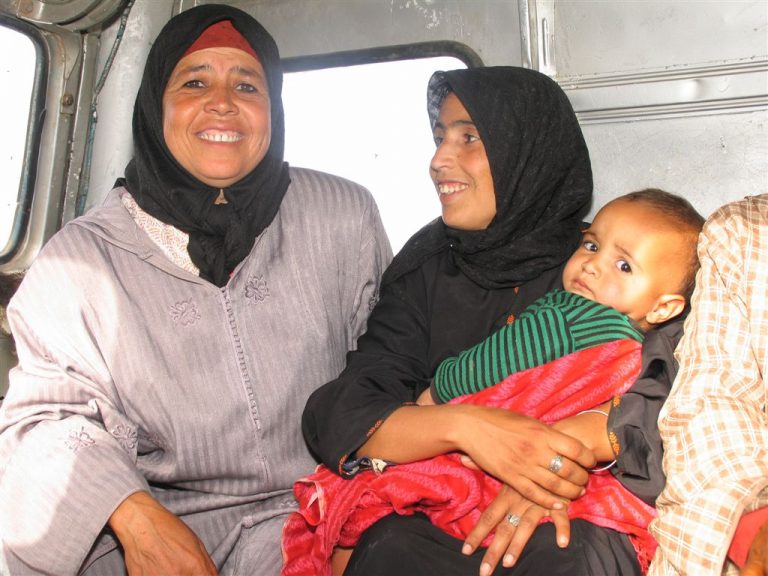
Maternal mortality is still unacceptably high. Every day, some 830 women die from pregnancy or childbirth-related complications around the world reports the World Health Organisation.The cause is often a lack of basic health care and a very limited knowledge of topics related to sex, pregnancy and child birth. Female genital mutilation (FGM), child marriage and HIV/AIDS complicate matters even further.
Many women in the Arab World spend a significant amount of time on the back seat of taxis, often together with a friend. That is where discussions on every topic take place. We have produced a real life TV series Baby on board! Back-seat talks with pregnant women. Two women chatting together on the back seat of a taxi about the joy of being pregnant, but also about taking care of your body, recognising danger signs and getting medical support when needed.
The new series “Baby on Board” about pregnancy consists of 13 episodes of 10 minutes each. The series will be broadcast on satellite TV and used on social media.
Watch the first episode here.
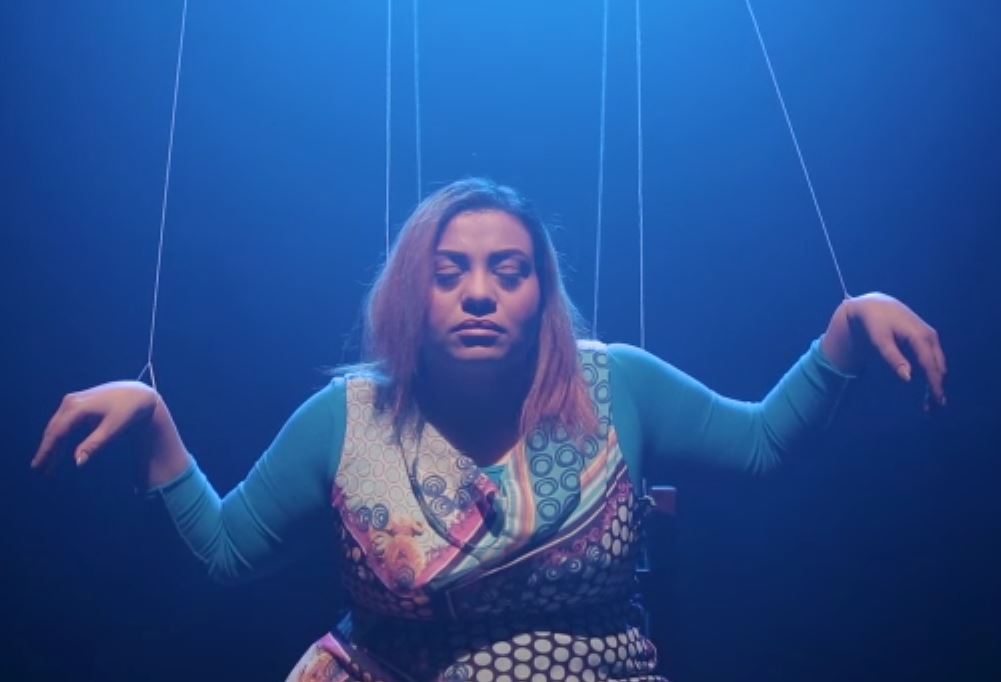
Yemeni women are suffering grievously, not only physically through the indiscriminate bombing and shelling, food and medicinal shortages, but also because of the many restrictions imposed on them by society.
Women do not enjoy the same opportunities as Yemeni men. Discrimination, oppression and violence against women need to be shown to be unacceptable and their rights need to be recognised in all areas. This way women’s dignity will be restored and their enormous value in building and influencing families and society will be recognised.
Arab Vision and Light for Yemen want to encourage Yemeni women to assert their own identity and abilities and to play a full part in the reconstruction of their country. That is why we have produced a 26 part series which has been broadcast on satellite TV and is used extensively on social media. It addresses subjects that particularly trouble Yemeni women, including: insignificance, family, envy, abuse, gender inequality, shame, perspectives for the future.
Social media enables both women and men to respond to the programmes anonymously. Follow-up teams have conversations with people who are touched by the message, and want to share their own story, their struggle with their identity, amidst an ongoing dire situation in their country.
Watch the trailer
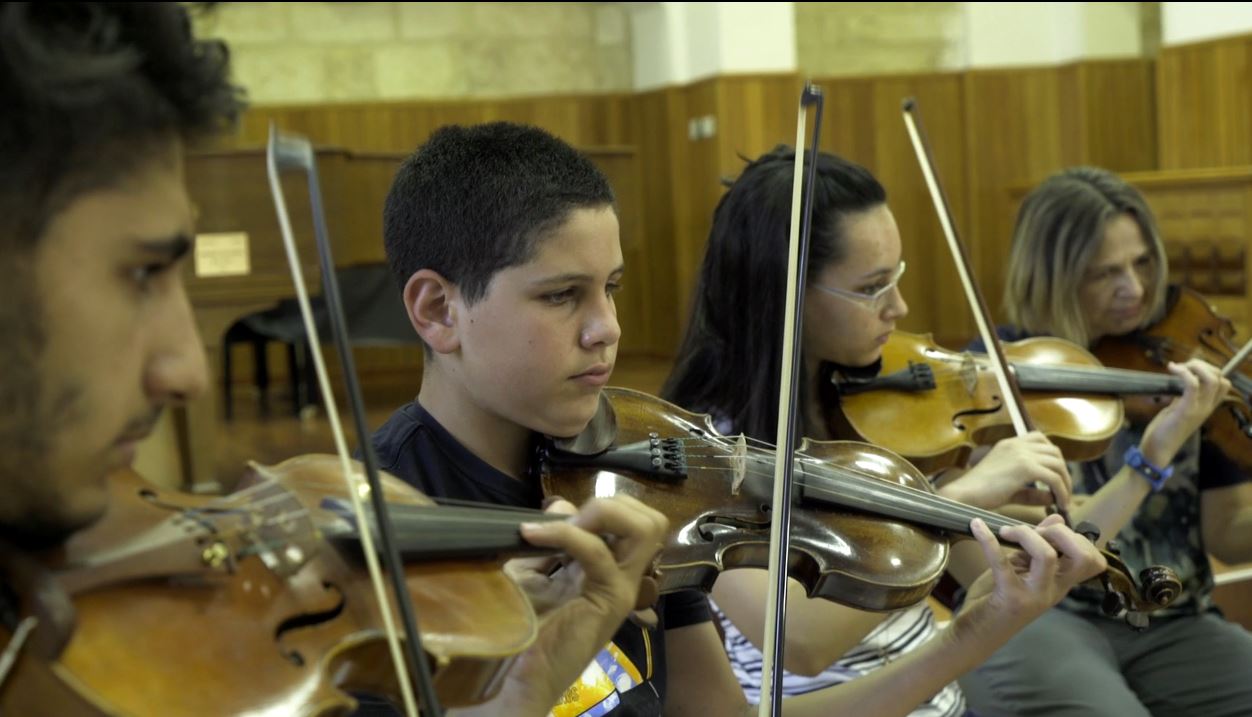
Arabic and Hebrew
We produced a documentary of 45 minutes (three episodes of 15 minutes) on reconciliation in cooperation with several organisations, including Musalaha, an organisation in Jerusalem which has been working with Palestinian Christians and Messianic Jews since 1990 to promote reconciliation between Israelis and Palestinians according to biblical principles. Goal of the documentary is to evoke awareness and discussion in the Arab World about biblical reconciliation principles.
Theologians dr. Isaac Munther and Lisa Loden share about the Biblical basis for reconciliation in the first episode, without losing sight of the reality of the situation in the country. “We live here in many respects in a complicated situation. There are many people groups here and we need to get along,” says Lisa Loden. “I belong to a small community of Messianic Jews. I have many brothers and sisters here, also among Arab and Israeli Palestinians. But there are many differences and many problems between us. Differences in theology, way of life, social circumstances, political opinions… there is much that divides us. But as believers in Christ, Who is the basis of our faith and life, we should be united because we are sibling, according to the Scriptures and the will of God… When Jesus was on earth he saw every person, He accepted everyone. He is our example.”
In part 2 and 3 we see examples of reconciliation in daily life, including a desert trip with Palestinians and Israelis; how people live together in a small village of Nes Ammin and how students in the old city of Jerusalem are studying and performing classical music together.
The languages of the program are Arabic and Hebrew, subtitled in Arabic where Hebrew is being spoken, and the other way around. We have also subitled the series in English and Dutch. If you would like to receive the documentary on USB, please send a message to contact@arabvision.org
The documentary with English subtitles can also be watched on our YouTube channel.
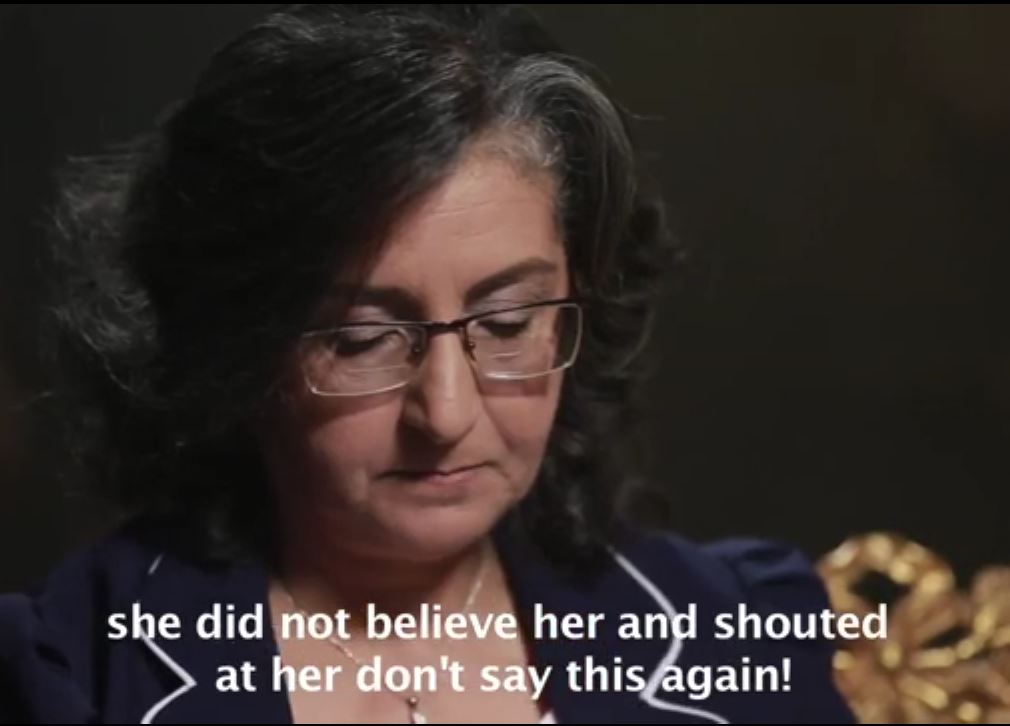
Our program Hope for Tomorrow about domestic violence and sexual harassment is indeed a life-changing program. Many people respond on the Facebook page and ask questions.
When Leila was still a child, she was raped by her brother. This was only the beginning and she was subjected to abuse by many other family members, which resulted for her in an addiction to sex. Because she’d always had a problem with her leg, she thought that her chances to get married were very slim. She had become completely addicted to sex without seeing a way out of this bondage and more than once she thought of taking her own life. After having watched our program of Hope for Tomorrow, she contacted us and we talked with her about the Lord Jesus and assured her of the fact that He is willing to accept her. Leila prayed to God and asked Him to help her in the situation. Please pray for Leila and the many men and women who respond to Hope for Tomorrow.
Several episodes of Hope for Tomorrow deal with early marriage or child marriage. Poverty and war are the main reasons for child marriage. Poverty leads people to do desperate things for money; war increases the risk of girls being abducted, abused and raped. Parents wrongfully believe that early marriage is a way to prevent their daughters from being sexually harassed. It is the opposite; child brides often suffer abuse in their marriage.
Early marriage also diminishes the girls’ educational opportunities; they drop out of school and this hinders their personal development, thus continuing the cycle of poverty. Moreover, child marriage often endangers the girl’s health.
Child marriage is also used as a disguise for human trafficking and prostitution. The non-existence of or the failure to implement laws against child marriage in the Arab World are the main challenges in fighting this phenomenon, which despite everything that is being done against it, is growing again especially in warzones.
We have subtitled the second season of Hope for Tomorrow in English. If you are interested in receiving it on USB, please send a note to contact@arabvision.org.
Watch an episode of Hope for Tomorrow II with English subtitles.
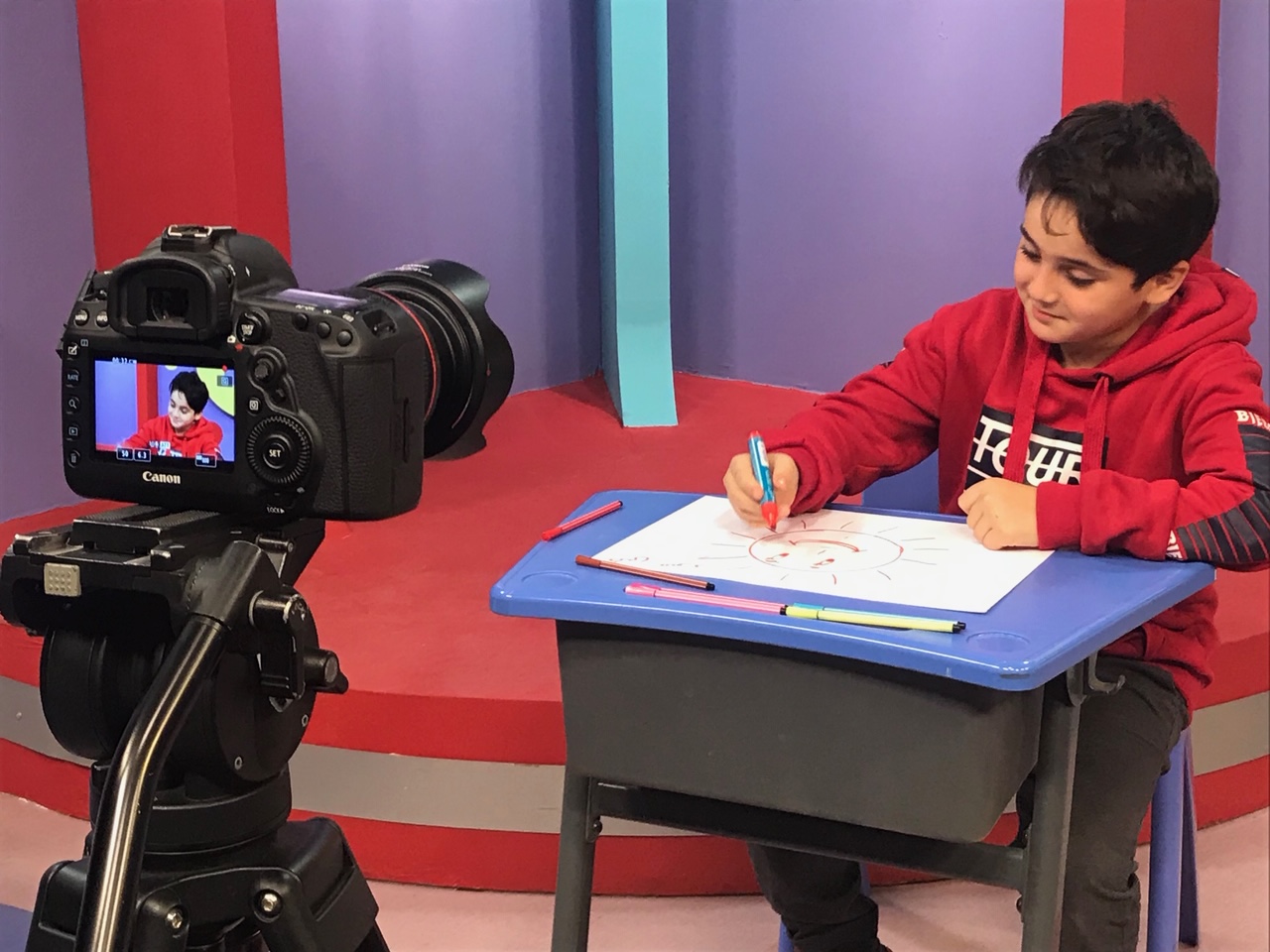
My First Words
Literacy project for children in refugee camps
“There is a lack of education in this camp.
By watching school programs on TV our children learned a lot.”
— Syrian refugee parents in Lebanon
Millions of young people are growing up in refugee camps in Egypt, Lebanon, Jordan & Turkey. The schools and universities in these countries simply cannot handle the education requirements of millions of extra children. We are facing a lost generation- young people who grow up with severe mental and physical scars and suffering from a lack of education. If young people don’t get an opportunity to study, who will then be able to rebuild their countries after the war?
Television can play a key role in providing information and education when people are cut off from regular schooling. That is why Arab Vision, in cooperation with SAT-7, has produced a literacy program via television and social media. This basic program for reading and writing is for 6-8-year-old children.
In each episode we teach three words, showing the same letter in three different positions in the word: beginning, middle and end. (The shape of the letter often changes in Arabic writing).
After a short intro a child draws something related to the main word of the episode and a brief interview is done with children talking about the word. When the word is “house”, they talk about having a home, and what it means to have no home and be a refugee.
After the interview the child finishes the picture and writes the word, pronouncing each letter and the whole word. Then he writes two more words for the same letter.
Children watching this program are asked to send drawings and stories about the words to the Facebook page of the program. The clips will be frequently shown on TV and will be available on social media.
The first series consists of clips on all the letters of the alphabet plus clips on different shapes, forms and colours.
Watch a clip on Arab Vision’s YouTube channel.